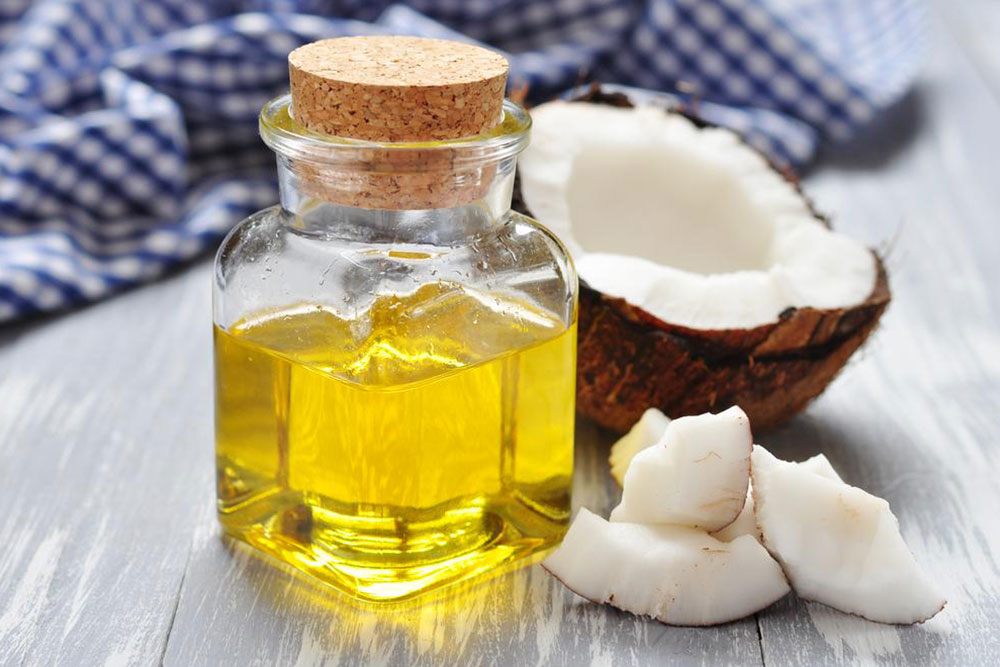Comprehensive Approaches to Managing Chronic Coughs and Relieving Discomfort
Discover comprehensive strategies to effectively manage and alleviate chronic coughs. The article explores causes like asthma, allergies, acid reflux, and respiratory infections, and provides detailed treatment options including medications, natural remedies, lifestyle adjustments, and environmental modifications. Learn how inhalers, antibiotics, natural herbs, and hydration can help soothe irritations and improve respiratory health. Emphasizing personalized treatment plans, the guide aims to improve quality of life for sufferers, highlighting when to seek urgent medical care for persistent symptoms or complications.

Effective Strategies to Alleviate Persistent Coughs
A cough serves as a vital reflex mechanism, helping to clear the respiratory tract of irritants, mucus, and foreign particles. It acts as a natural defense system designed to protect the lungs and airways from infections and environmental pollutants. However, while occasional coughing is normal and often harmless, a cough that persists beyond eight weeks is classified as a chronic cough, which can significantly impact quality of life. Chronic coughs often indicate underlying health issues such as asthma, allergies, acid reflux (GERD), respiratory infections, or other pulmonary conditions. Identifying the root cause is crucial for effective treatment and relief.
Persistent coughs can lead to various uncomfortable symptoms including fatigue, muscle strain from constant coughing, excessive sweating, dry throat, and sometimes dizziness. These symptoms can interfere with daily activities, sleep, and overall well-being. Recognizing the warning signs and seeking proper diagnosis from healthcare professionals is essential to determine the specific cause and tailor an appropriate treatment plan.
Understanding the causes of chronic coughs can help in selecting effective remedies. For instance, coughs related to allergies or post-nasal drip may require antihistamines or nasal decongestants. Asthmatic coughs often respond well to inhalers containing corticosteroids or bronchodilators that reduce airway inflammation and open breathing passages. Bacterial infections demand antibiotics, while acid reflux-induced coughs benefit from acid-blocking medications such as proton pump inhibitors or H2 antagonists. Lifestyle adjustments, natural remedies, and environmental modifications also play a significant role in managing symptoms.
Medications are fundamental components of treatment. Antihistamines help control allergy-triggered coughs, while corticosteroids—delivered via inhalers—reduce airway inflammation. Decongestants relieve nasal congestion, which often contributes to post-nasal drip and persistent coughing. For asthma, inhalers with bronchodilators ease airflow, relieving cough and wheezing. Antibiotics are prescribed if a bacterial infection is detected, and acid reducers alleviate reflux symptoms that can trigger cough. Patients are advised to avoid spicy or trigger foods that exacerbate reflux symptoms. Humidifiers can maintain optimal indoor humidity levels, preventing drying of the respiratory mucosa. Cold drinks or warm beverages like herbal teas soothe throat irritation and loosen mucus, facilitating easier coughing up.
Natural remedies also offer relief for many sufferers. Peppermint, with its menthol component, acts as a natural decongestant and cough suppressant. Honey combined with lemon in warm water can soothe sore throats and reduce coughing frequency. Turmeric milk offers anti-inflammatory benefits that can help calm irritated airways. Herbal solutions such as thyme tea or ginger infusions may also provide relief. Experimenting with these remedies allows individuals to discover which ones are most effective for their specific condition.
Inhalers containing glucocorticoids and bronchodilators are particularly effective for asthma-related coughs because they reduce airway inflammation and directly open constricted airways, easing symptoms rapidly. Proper hydration is also a simple yet often overlooked strategy. Drinking plenty of fluids helps dilute mucus, making it easier to expel, and keeps the mucous membranes moist and less prone to irritation. Using humidifiers in dry environments can prevent throat dryness, coughing, and wheezing. Lifestyle modifications, including quitting smoking, avoiding irritants like strong perfumes or pollutants, and maintaining a healthy weight, significantly contribute to reducing the frequency and severity of chronic coughs.
Overall, managing a persistent cough requires a holistic approach that combines medical treatments, lifestyle changes, and natural remedies. An individualized plan developed in consultation with healthcare professionals ensures that the right diagnosis guides the choice of therapies. Addressing the underlying cause not only alleviates coughing but also improves overall respiratory health and quality of life.
If you experience additional symptoms such as blood in sputum, persistent chest pain, or significant shortness of breath, seek medical attention promptly. While many chronic coughs are manageable with the right strategies, some may indicate serious underlying conditions requiring urgent care. Regular check-ups and adherence to prescribed treatments are essential components of effective cough management and long-term respiratory health maintenance.





